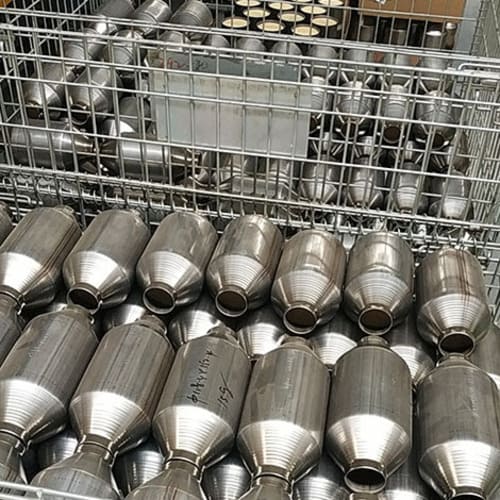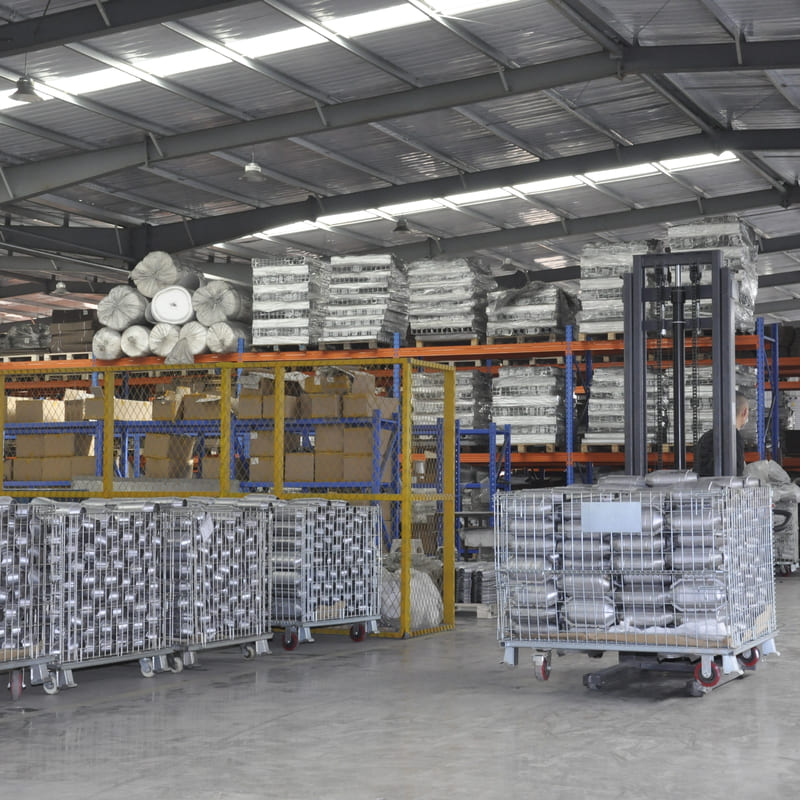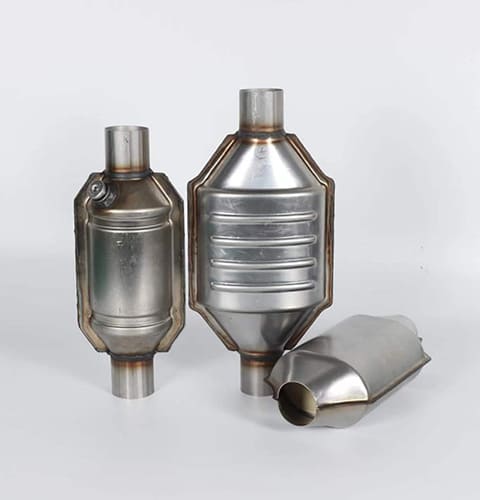The wholesale distribution of catalytic converters, a crucial component in automotive exhaust systems, presents a unique set of logistical challenges. These components, essential for reducing vehicle emissions, require meticulous handling, storage, and transportation to maintain their integrity and functionality. As a distributor, understanding and addressing these logistical hurdles is key to efficient operations and customer satisfaction.
The logistics of distributing catalytic converters involve careful planning and execution. The challenges range from safe handling and storage to ensuring timely and cost-effective delivery. Overcoming these hurdles is crucial for maintaining the quality of the converters and meeting the demands of a dynamic market.

Key Logistical Challenges in Distributing Catalytic Converters:
- Safe Handling and Storage: Catalytic converters contain sensitive materials that can be damaged if mishandled. They require a controlled environment to prevent exposure to moisture and extreme temperatures.
- Inventory Management: Efficient inventory management is crucial to balance the supply with fluctuating market demands. This includes accurate forecasting and stock rotation to minimize overstocking and obsolescence.
- Transportation and Delivery: Ensuring timely and secure delivery is a major challenge. This involves selecting reliable carriers, optimizing routes, and managing shipping costs.
Strategies for Overcoming Logistical Challenges:
- Advanced Warehouse Management: Implementing modern warehouse management systems (WMS) can significantly improve storage efficiency and handling processes.
- Robust Supply Chain Planning: Utilizing supply chain management tools can help in accurate demand forecasting and inventory optimization.
- Collaboration with Reliable Partners: Building strong relationships with logistics providers and suppliers can enhance the efficiency and reliability of the distribution process.

Impact of Logistical Efficiency on Business:
- Customer Satisfaction: Efficient logistics lead to timely deliveries and high-quality products, enhancing customer satisfaction and loyalty.
- Cost Management: Effective logistics management helps in reducing operational costs, thereby improving the overall profitability.
- Market Competitiveness: The ability to efficiently manage logistics can provide a competitive edge in the market.
Conclusion
The wholesale distribution of catalytic converters is laden with logistical challenges that demand strategic planning and execution. Addressing these challenges through advanced warehouse management, robust supply chain planning, and effective partnerships is key to ensuring logistical efficiency. By optimizing these aspects, distributors can enhance customer satisfaction, manage costs effectively, and strengthen their position in the competitive automotive parts market.


